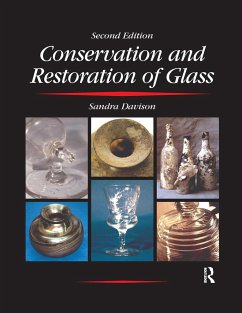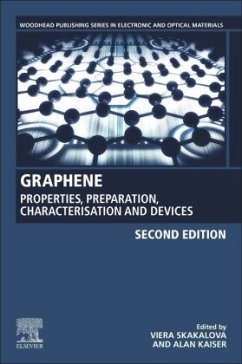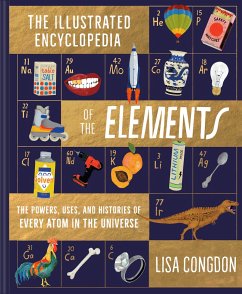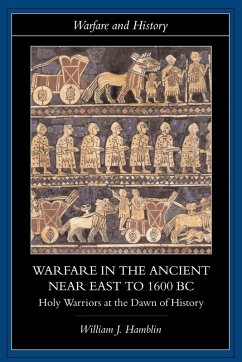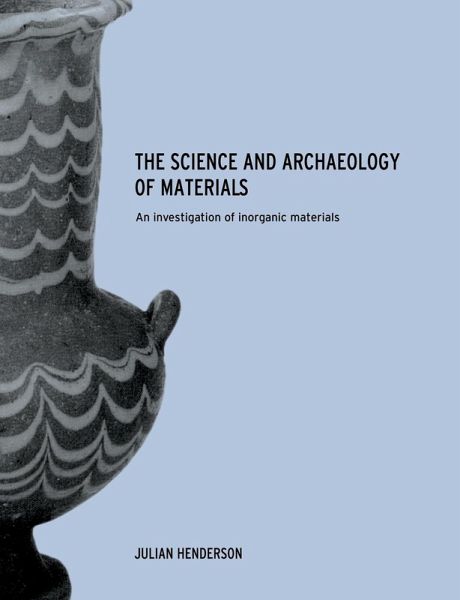
The Science and Archaeology of Materials
An Investigation of Inorganic Materials
Versandkostenfrei!
Versandfertig in 6-10 Tagen
57,99 €
inkl. MwSt.
Weitere Ausgaben:

PAYBACK Punkte
29 °P sammeln!
The Science and Archaeology of Materials is set to become the definitive work in the archaeology of materials. Henderson's highly illustrated work is an accessible and fascinating textbook which will be essential reading for all practical archaeologists. With clear sections on a wide range of materials including ceramics, glass, metals and stone, this work examines the very foundations of archaeological study. Anyone interested in ancient technologies, especially those involving high temperatures, kilns and furnaces will be able to follow in each chapter how raw materials are refined, transfor...
The Science and Archaeology of Materials is set to become the definitive work in the archaeology of materials. Henderson's highly illustrated work is an accessible and fascinating textbook which will be essential reading for all practical archaeologists. With clear sections on a wide range of materials including ceramics, glass, metals and stone, this work examines the very foundations of archaeological study. Anyone interested in ancient technologies, especially those involving high temperatures, kilns and furnaces will be able to follow in each chapter how raw materials are refined, transformed and shaped into objects. This description is then followed by appropriate case studies which provide a new chronological and geographical example of how scientific and archaeological aspects can and do interact. They include:
_Roman pale green and highly decorated glass
_17th Century glass in Britain and Europe
_the effect of the introduction of the wheel on pottery technology
_the technology of Celadon ceramics
_early copper metallurgy in the Middle East
_chemical analysis and lead isotope analysis of British Bronzes
_early copper alloy metallurgy in Thailand
_the chemical analysis of obsidian and its distribution
_the origins of the Stonehenge bluestones
This book shows how archaeology and science intersect and fe ed off each other. Modern scientific techniques have provided data which, when set within a fully integrated archaeological context, have the potential of contributing to mainstream archaeology. This holistic approach generates a range of connections which benefits both areas and will enrich archaeological study in the future.
_Roman pale green and highly decorated glass
_17th Century glass in Britain and Europe
_the effect of the introduction of the wheel on pottery technology
_the technology of Celadon ceramics
_early copper metallurgy in the Middle East
_chemical analysis and lead isotope analysis of British Bronzes
_early copper alloy metallurgy in Thailand
_the chemical analysis of obsidian and its distribution
_the origins of the Stonehenge bluestones
This book shows how archaeology and science intersect and fe ed off each other. Modern scientific techniques have provided data which, when set within a fully integrated archaeological context, have the potential of contributing to mainstream archaeology. This holistic approach generates a range of connections which benefits both areas and will enrich archaeological study in the future.





